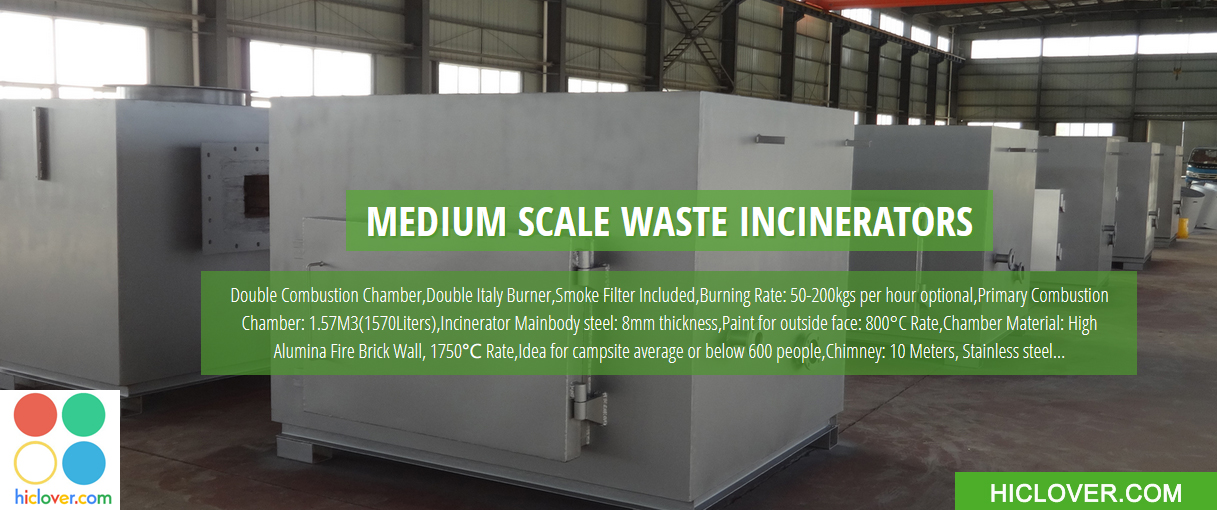Hospitals generate a significant amount of waste on a daily basis, including hazardous and non-hazardous materials such as infectious waste, pharmaceuticals, chemicals, and other materials that require special handling and disposal. Traditionally, many hospitals have relied on incineration as the primary method of managing this waste. However, as we move towards a more sustainable future, there is increasing interest in exploring alternative methods of hospital waste management that minimize environmental impact and maximize resource recovery.
One of the main concerns with incineration is the release of air pollutants and greenhouse gases, including dioxins, heavy metals, and carbon dioxide. These emissions can contribute to air pollution and have negative impacts on human health and the environment. In addition, incineration consumes a significant amount of energy and can be costly to operate and maintain.
As a result, hospitals and healthcare facilities are increasingly looking towards alternative technologies and methods for managing their waste. One such alternative is the use of autoclaves and other steam sterilization technologies to treat infectious waste. These methods use high pressure and high temperature steam to sterilize waste, effectively killing any pathogens and rendering the waste safe for disposal. The treated waste can then be safely landfilled or, in some cases, recycled.
Another emerging technology for hospital waste management is the use of onsite waste-to-energy systems. These systems utilize advanced thermal and biological processes to convert waste into energy, such as electricity or heat. By harnessing the energy potential of waste, hospitals can reduce their dependency on fossil fuels and lower their carbon footprint. In addition, waste-to-energy systems can help hospitals reduce their overall waste volume and disposal costs.
In addition to technological advancements, hospitals are also exploring ways to improve waste segregation and recycling efforts. Implementing efficient waste segregation programs can help hospitals divert recyclable materials from the waste stream, reducing the overall volume of waste that needs to be treated or disposed of. Recycling programs for items such as plastics, glass, and paper can help hospitals minimize their environmental impact and contribute to a more circular economy.
Furthermore, the adoption of environmentally friendly and sustainable practices in the procurement and use of materials and products within hospitals can also contribute to a reduction in waste generation. This can involve choosing reusable over single-use items, selecting products with minimal packaging, and working with suppliers who prioritize sustainability and environmental responsibility.
Overall, the future of hospital waste management lies in embracing sustainable and environmentally friendly practices that minimize waste generation, promote resource recovery, and reduce harmful environmental impacts. By exploring alternatives to incineration, such as autoclaving, waste-to-energy systems, and improved waste segregation and recycling efforts, hospitals can work towards a more sustainable and responsible approach to managing their waste. As healthcare facilities continue to prioritize environmental stewardship and sustainable practices, the future of hospital waste management is set to evolve towards a more sustainable and environmentally friendly direction.



